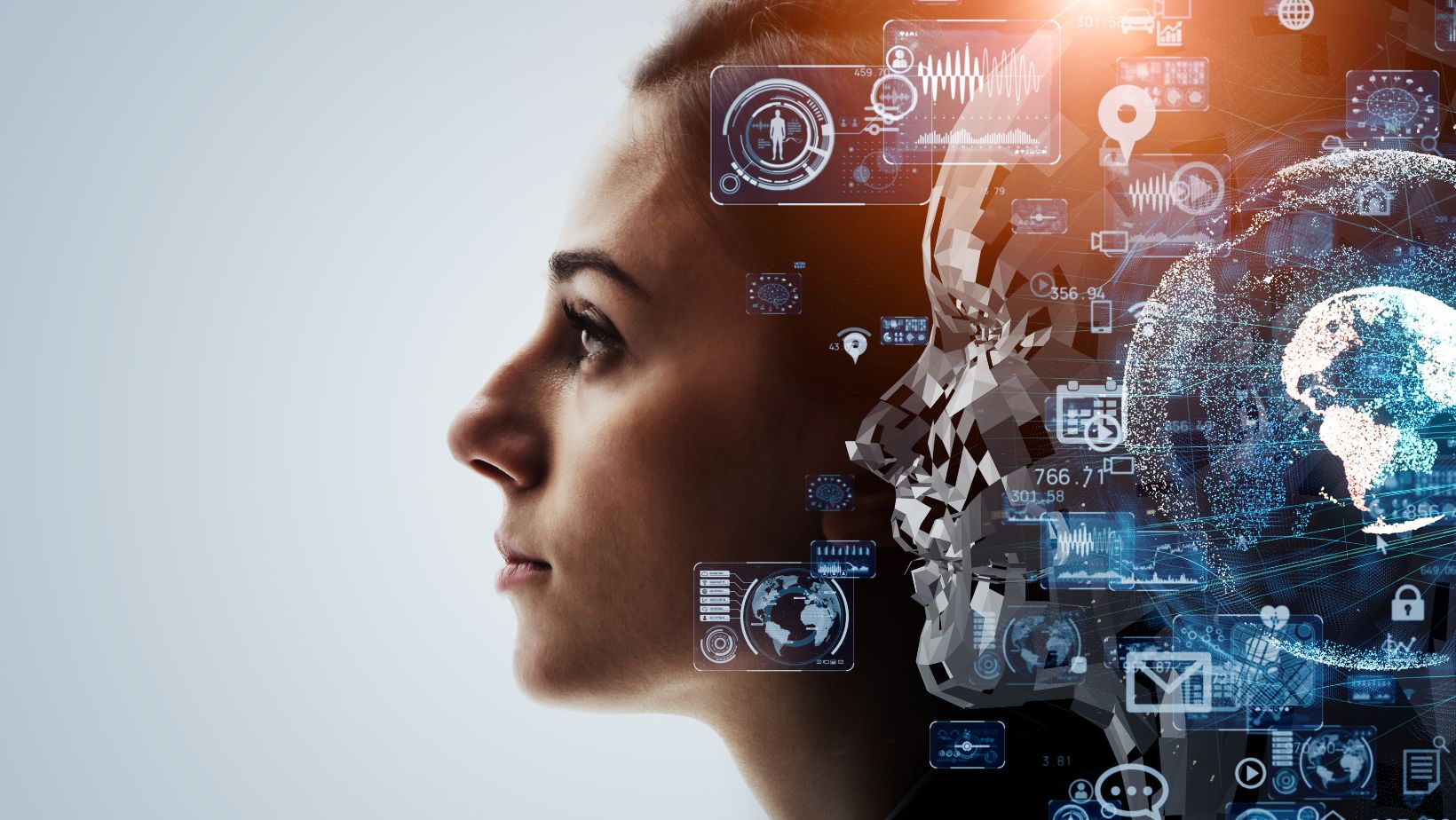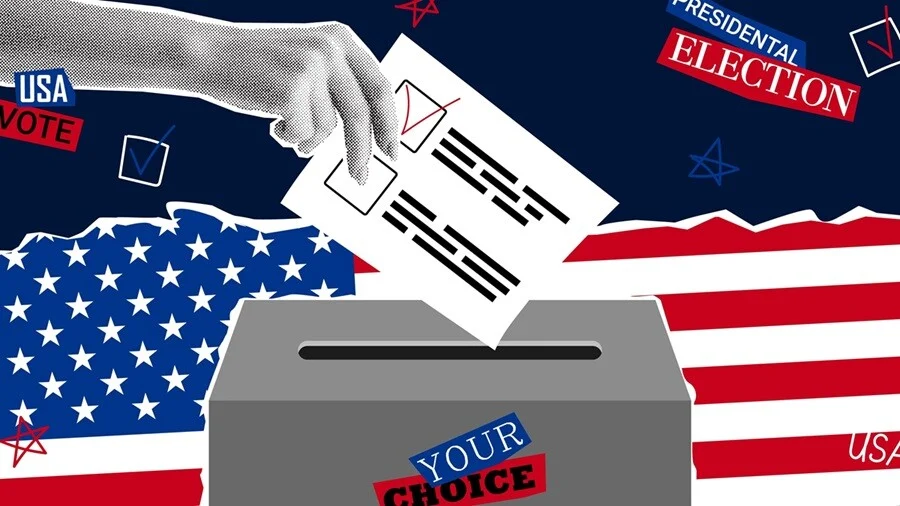
As artificial intelligence advances, ethical concerns surrounding its use are becoming more pressing. AI is shaping industries, improving efficiency, and unlocking new possibilities, but it also raises critical questions about privacy, bias, and accountability. From deepfake technology to AI-driven decision-making in hiring and law enforcement, ensuring ethical AI development is one of the biggest challenges of our time.
AI systems rely on vast amounts of data to function effectively. However, concerns arise when user data is collected, stored, and analyzed without proper consent. How can we ensure AI respects individual privacy while still leveraging data for innovation? Stricter data protection laws and transparent policies are essential in addressing this issue.
AI models are trained on historical data, which can sometimes reflect biases present in society. This can lead to discrimination in areas such as hiring, lending, and law enforcement. For example, AI-powered recruitment tools have been found to favor certain demographics over others. Ensuring fairness in AI requires continuous monitoring, diverse training data, and ethical oversight.
Deepfake AI can generate highly realistic but false videos, voice recordings, and images. While this technology has creative applications, it also poses risks, such as misinformation, fraud, and identity theft. Should there be regulations limiting the use of deepfake technology, or does this hinder free expression? Finding a balance is crucial.
Who is responsible when AI makes a harmful or unethical decision? Many AI systems operate as “black boxes,” meaning their decision-making processes are not fully understandable even to their creators. Transparency in AI algorithms and clear accountability measures are necessary to build trust in AI systems.
Some argue that strict regulations on AI could slow innovation and limit its potential benefits. Others believe that without ethical guidelines, AI could cause significant harm. Governments, tech companies, and researchers must collaborate to develop policies that encourage responsible AI development while allowing room for progress.
As AI continues to evolve, defining ethical boundaries is more important than ever. Should AI have strict regulations, or should innovation have the freedom to grow without limitations? How can we prevent misuse while still allowing AI to benefit society?
